Animals
-
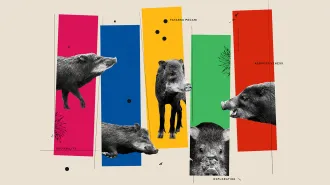 Animals
AnimalsAnimal personalities can play a big role in saving species
From bold foxes to gregarious birds, animals’ personalities are increasingly being seen as crucial to conservation efforts.
-
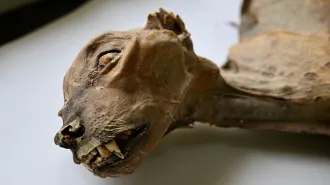 Animals
AnimalsHow cheetah mummies could help bring the species back to Arabia
Arabian cheetah mummies' DNA reveals that the long-lost population could be closely replaced by a cheetah population in northwestern Africa.
By Jake Buehler -
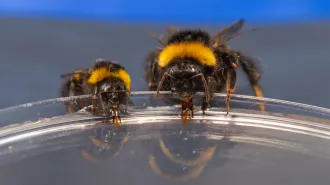 Physics
PhysicsQueen bumblebees are poor foragers thanks to sparse tongue hair
The density of fine hairs on bumblebees’ tongues determines how much nectar they can collect — and workers put queen bees to shame.
- Animals
Among chimpanzees, thrill-seeking peaks in toddlerhood
In humans, teens do the most dangerous things. In chimpanzees, that honor goes to toddlers. The difference may lie in caregiver supervision.
By Sujata Gupta -
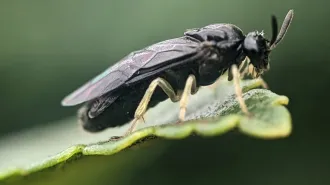 Animals
AnimalsAn all-female wasp is rapidly spreading across North America’s elms
The elm zigzag sawfly has spread to 15 states in five years. Now it's attacking the tree that cities planted to replace Dutch elm disease victims.
By Ute Eberle -
 Animals
AnimalsIn a Quebec park, a science game brings predator-prey dynamics to life
Results show that players’ choices echo predator-prey patterns seen in wildlife, though scientists stress the limits of the analogy.
-
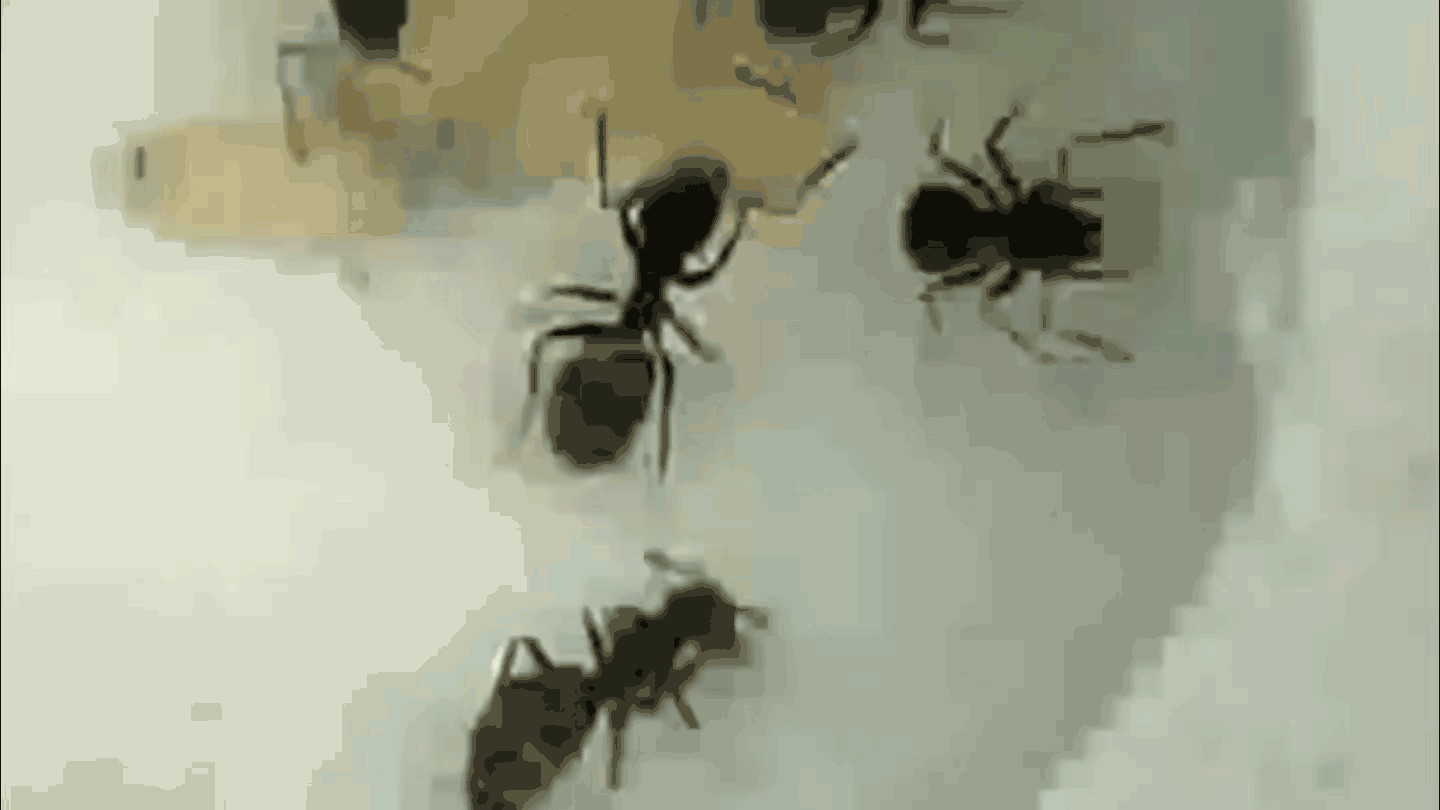 Animals
AnimalsThese sick baby ants sacrifice themselves to protect their colony
When infected by a fungal disease, ant pupae actively emit a chemical cue that prompts workers to get rid of them for the good of the colony.
-
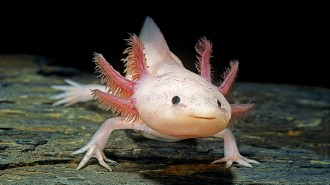 Science & Society
Science & SocietyThese scientific discoveries brought us joy in 2025
Amidst a tough year for science, glimmers of joy burst through in revelations from the silly to the sublime.
- Animals
In a first, orcas and dolphins seen possibly hunting together
New footage shows orcas and dolphins coordinating hunts, hinting at interspecies teamwork to track and catch salmon off British Columbia.
-
 Animals
AnimalsScience taught us a few new tricks about our pets in 2025
Are we reading our dog’s moods right? Does TV really comfort them when we’re away? These pet stories were catnip to us this year.
By Carly Kay -
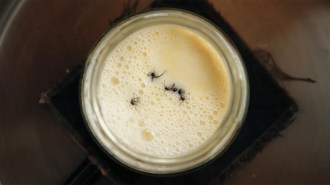 Humans
HumansHave a taste of our favorite food stories from 2025
This year, researchers took a bite out of culinary innovation. Check out some of our favorite food-related stories from 2025.
By Carly Kay -
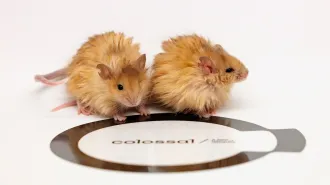 Animals
AnimalsThese are our favorite animal stories of 2025
From clever cockatoos to vomiting spiders, these cool critters captivated us this year.
By Carly Kay